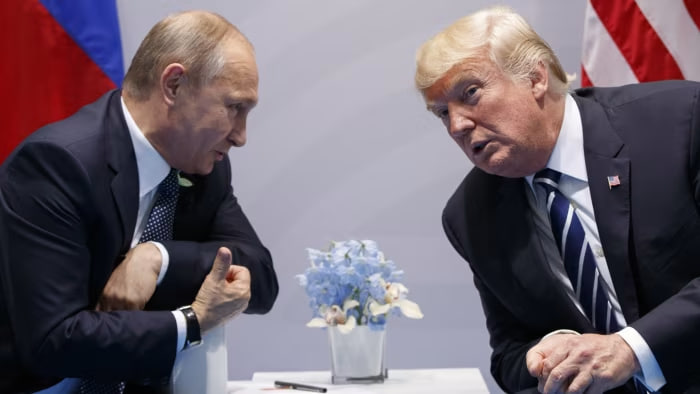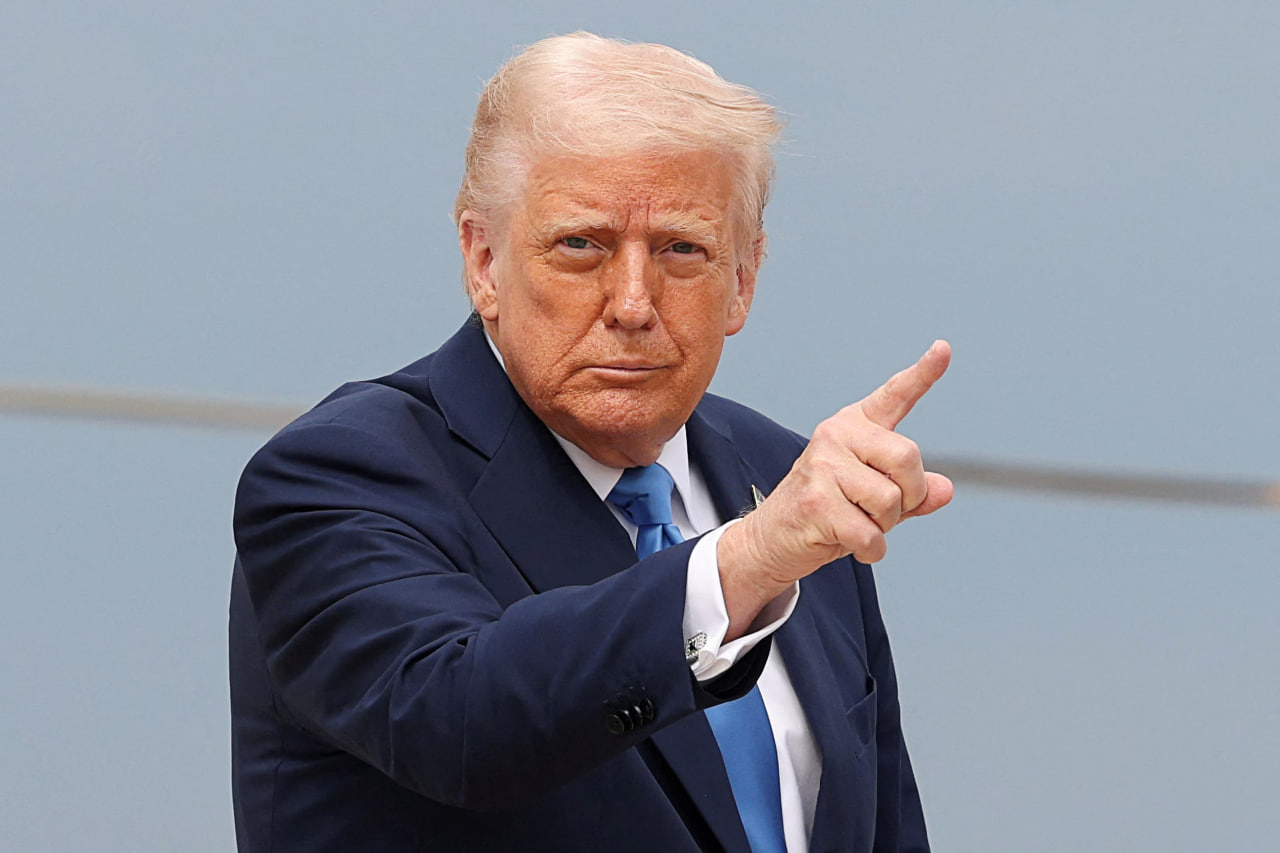A day after the Election Commission of India’s (ECI’s) press conference dismissing allegations of electoral fraud as “baseless and invalid”, the INDIA bloc on Monday said it was considering moving a motion of removal of the Chief Election Commissioner (CEC) during the ongoing session of Parliament.
“We have discussed action both legal and constitutional against the CEC. We will take the appropriate step at the right time,” Gaurav Gogoi of the Congress said in a joint press conference of Opposition leaders.
The ECI is entrusted with the responsibility of conducting free and fair elections in the country. Article 324 of the Constitution and the CEC and Other Election Commissioners (Appointment, Conditions of Service and Term of Office) Act, 2023 lay down provisions regarding the appointment, tenure, and removal of the CEC.
The CEC and election commissioners are appointed by the President of India upon the recommendation from a three-member selection committee comprising the Prime Minister, the Leader of the Opposition (LoP), and one member of the Union Cabinet.
Those appointed should have previously held secretary-level positions in the Government and be “persons of integrity, who have knowledge of and experience in management and conduct of elections,” according to the 2023 Act.
The appointments are made for a tenure of six years or until the age of 65 years, whichever comes first. The CEC enjoys the same services and monetary benefits that are extended to justices of the Supreme Court.
Process of Removal
Article 324(5) of the Constitution states that the CEC can be removed from office only “in like manner and on the like grounds as a Judge of the Supreme Court.” This framing can also be found in Section 11(2) of the 2023 Act. The article further states that “any other Election Commissioner or a Regional Commissioner shall not be removed from office except on the recommendation of the Chief Election Commissioner”.
With the view of shielding the ECI from political pressures, the bar for removing the CEC is purposefully set to be very high. Going by Article 124(4) of the Constitution, which contains the process for removing a Supreme Court judge, removal can only be “on the ground of proved misbehavior or incapacity.”
Misbehaviour can comprise any corrupt practices or abuse of office. Over the years, courts have interpreted this to include actions which are incompatible with the office of the CEC or the CEC’s failure to discharge her official duties. Incapacity refers to a situation where the officer is unable to perform her duties.
To initiate the removal of the CEC, members of both houses must bring a notice of motion explicitly alleging misbehaviour or incapacity. After the motion is admitted, an enquiry is conducted to examine the validity of the charges. This involves forming a committee to investigate evidence of misbehaviour or incapacity.
The motion for removal then needs to be passed by a two-thirds majority “present and voting” in both the houses of Parliament. Upon successful passage in the House, the President orders the removal of the CEC.
There is no discretion once the constitutional requirements are met, since the President acts on the advice of Parliament in this context.
The ongoing controversy
On August 7, Leader of Opposition (LoP) Rahul Gandhi alleged that his party had found around one lakh “fake voters” in the electoral rolls of the Mahadevapura Assembly segment of Bangalore Central Lok Sabha seat in 2024. Rahul claimed that a similar template — of fake addresses, duplicate entries, etc. — had been used to manipulate election results across the country.
On Sunday, CEC Gyanesh Kumar dismissed Rahul’s allegations, and demanded the LoP submit an affidavit to validate his claims or publicly apologise to the nation.
The Opposition, unsatisfied by Kumar’s response, described it as an attempt to “divert and thwart any attempt at a meaningful inquiry into voter fraud”.
“[The] ECI has completely failed in discharging its constitutional duty of ensuring a free and fair electoral system in the country…it is now clear that those who lead the ECI divert and thwart any attempt at a meaningful inquiry into voter fraud and instead opt to intimidate those who challenge the ruling party,” a joint statement by the Opposition on Sunday said.





